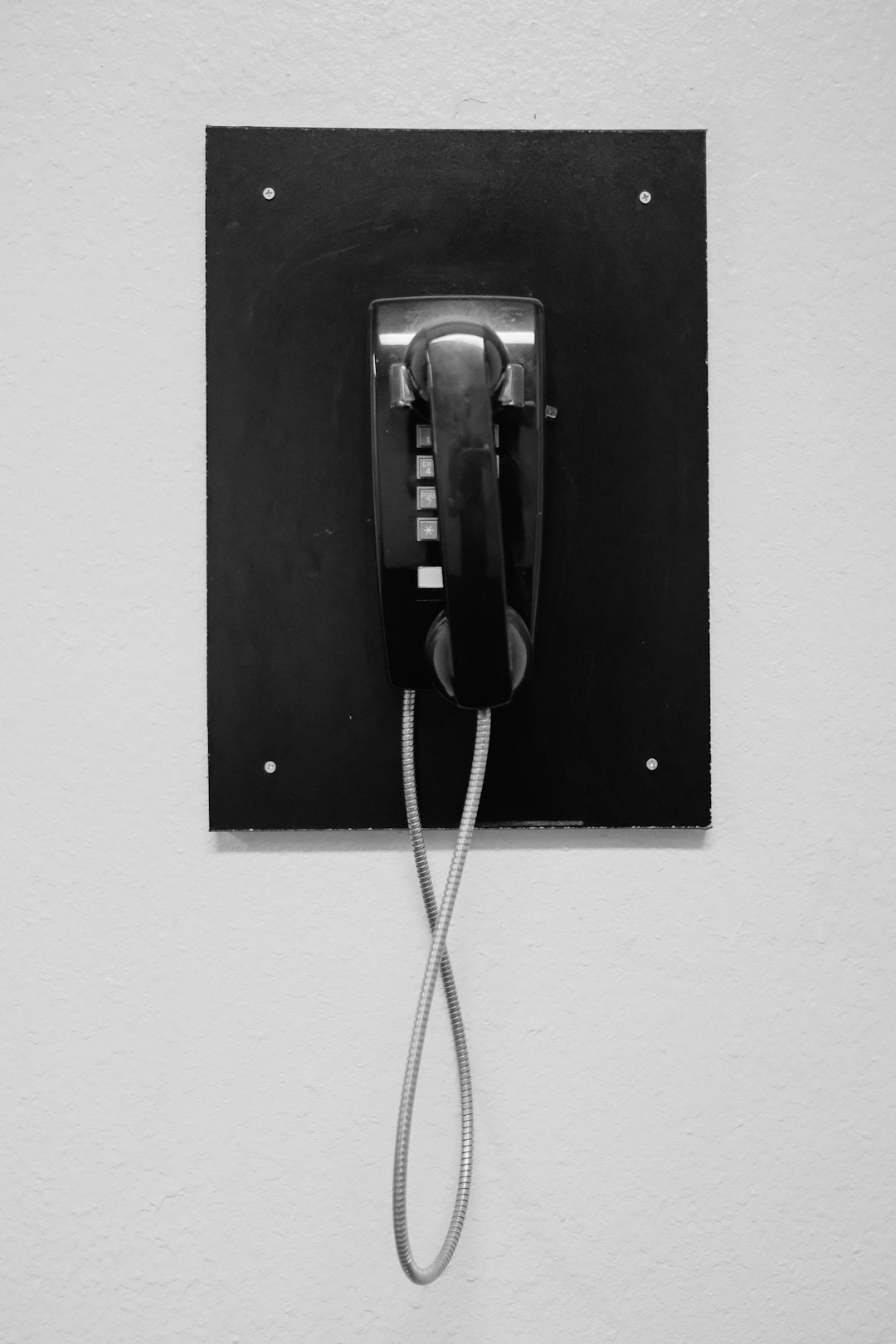The Telephone Consumer Protection Act (TCPA) in California restricts automated communications without prior consent, protecting residents from nuisance calls. Violations can lead to individual damages of up to $500 per call and legal consequences for businesses. Effective enforcement mechanisms include FCC complaints and consultation with Do Not Call attorneys in California. Consumers can register on the state's official list to opt-out of unsolicited calls, while businesses must comply to avoid significant fines and lawsuits. After a violation, companies should assess the issue, enhance protocols, and consult specialized Do Not Call attorneys in California for defense and future compliance.
“The Telemarketing Consumer Protection Act (TCPA) safeguards consumers in California from unwanted telephone solicitations, with severe legal consequences for violators. This article explores the intricate web of TCPA laws specific to California, targeting who these regulations affect and the potential outcomes of breaking them. From understanding the act’s restrictions on do-not-call lists to investigating fines, penalties, and defense strategies post-violation, this guide is essential for businesses and do not call attorneys in CA navigating these legal complexities.”
Understanding TCPA Laws in California

In California, the Telephone Consumer Protection Act (TCPA) regulations are strictly enforced to protect residents from unwanted phone calls and text messages. These laws, specifically tailored for the Golden State, restrict businesses and individuals from making certain types of automated communications without prior express consent. The TCPA is a powerful tool for Californians to shield themselves from nuisance calls, including those from telemarketers, debt collectors, or any other entities promoting products or services.
Violating these laws can have significant legal consequences. California residents who receive unsolicited phone calls or texts can file complaints with the Federal Communications Commission (FCC) and seek individual damages of up to $500 per violation. This robust enforcement mechanism ensures that businesses adhere to the “Do Not Call” regulations, promoting a peaceful and less disruptive communications environment for all Californians.
Who is Subject to TCPA Restrictions?

The Telephone Consumer Protection Act (TCPA) restrictions apply to a wide range of entities, primarily focusing on businesses and individuals making telephone solicitations in California. This law is designed to protect consumers from unsolicited calls, often referred to as “do not call” regulations. In this context, “do not call attorneys” doesn’t typically refer to legal professionals avoiding phone calls but rather the general public and companies being prohibited from making specific types of automated or prerecorded telemarketing calls without prior express consent.
The TCPA’s reach extends to various actors, including telemarketers, sales representatives, debt collectors, and even companies using automated dialers or prerecorded messages for marketing purposes. California residents have the right to refuse these calls and take legal action if they feel their privacy has been invaded. Consequently, businesses must ensure compliance to avoid potential fines and lawsuits arising from TCPA violations in this highly regulated environment.
Violating Do Not Call Lists: Serious Offenses

Violating a Do Not Call list is no small matter in California, where the Telephone Consumer Protection Act (TCPA) is strictly enforced. Such offenses can result in substantial fines and legal repercussions for businesses and individuals alike. When a consumer registers their phone number on the state’s official Do Not Call list, they are asserting their right to be free from unsolicited sales or marketing calls.
Do Not Call attorneys in California play a crucial role in navigating these legal waters. They help determine if a violation has occurred, assess potential damages, and guide clients through the process of resolving these issues. The TCPA allows for individual consumers to seek up to $500 in damages per call, with treble damages (up to $1500) if willful or knowing violations are proven. These penalties can mount quickly, especially for companies making automated calls without proper consent.
Potential Fines and Penalties for Non-Compliance

Violating the Telephone Consumer Protection Act (TCPA) in California can result in severe legal consequences and significant financial penalties for businesses and individuals alike. The TCPA is a federal law designed to protect consumers from certain practices that affect telephone, internet, and text messaging services—particularly unwanted calls or messages. When a party fails to comply with this legislation, they may face substantial fines and other penalties.
The California Department of Justice (DOJ) takes TCPA violations seriously and has the authority to enforce these laws. Non-compliance can lead to civil lawsuits, where plaintiffs can seek damages for each violation, which could amount to thousands or even millions of dollars in compensation. Additionally, the DOJ may impose administrative fines, with penalties reaching up to $10,000 per day for repeated or willful violations. These strict measures are in place to deter businesses from making or facilitating unauthorized automated calls or text messages, ensuring that consumers’ privacy and peace of mind are protected, especially regarding the “Do Not Call” regulations specific to California.
Navigating Legal Defense Strategies Post-Violation

After a violation of the Telephone Consumer Protection Act (TCPA) in California, individuals or businesses face significant legal repercussions. Navigating the post-violation phase requires a strategic approach to mitigate potential damage and defend against legal action. One crucial strategy is to promptly assess the nature of the violation, whether it involves unwanted robocalls, text messages, or other forms of automated communication. Seeking legal counsel from experts specializing in TCPA litigation can be invaluable. These attorneys, who are not necessarily traditional “do not call” lawyers, can provide insights into effective defense mechanisms and help build a robust case.
Additionally, companies should focus on implementing improved compliance measures to ensure future adherence to TCPA guidelines. This may involve enhancing internal protocols, employee training, and technology solutions to prevent similar infringements. By taking proactive steps, organizations can demonstrate their commitment to legal compliance, potentially reducing the severity of consequences during any future legal proceedings related to TCPA violations in California.






